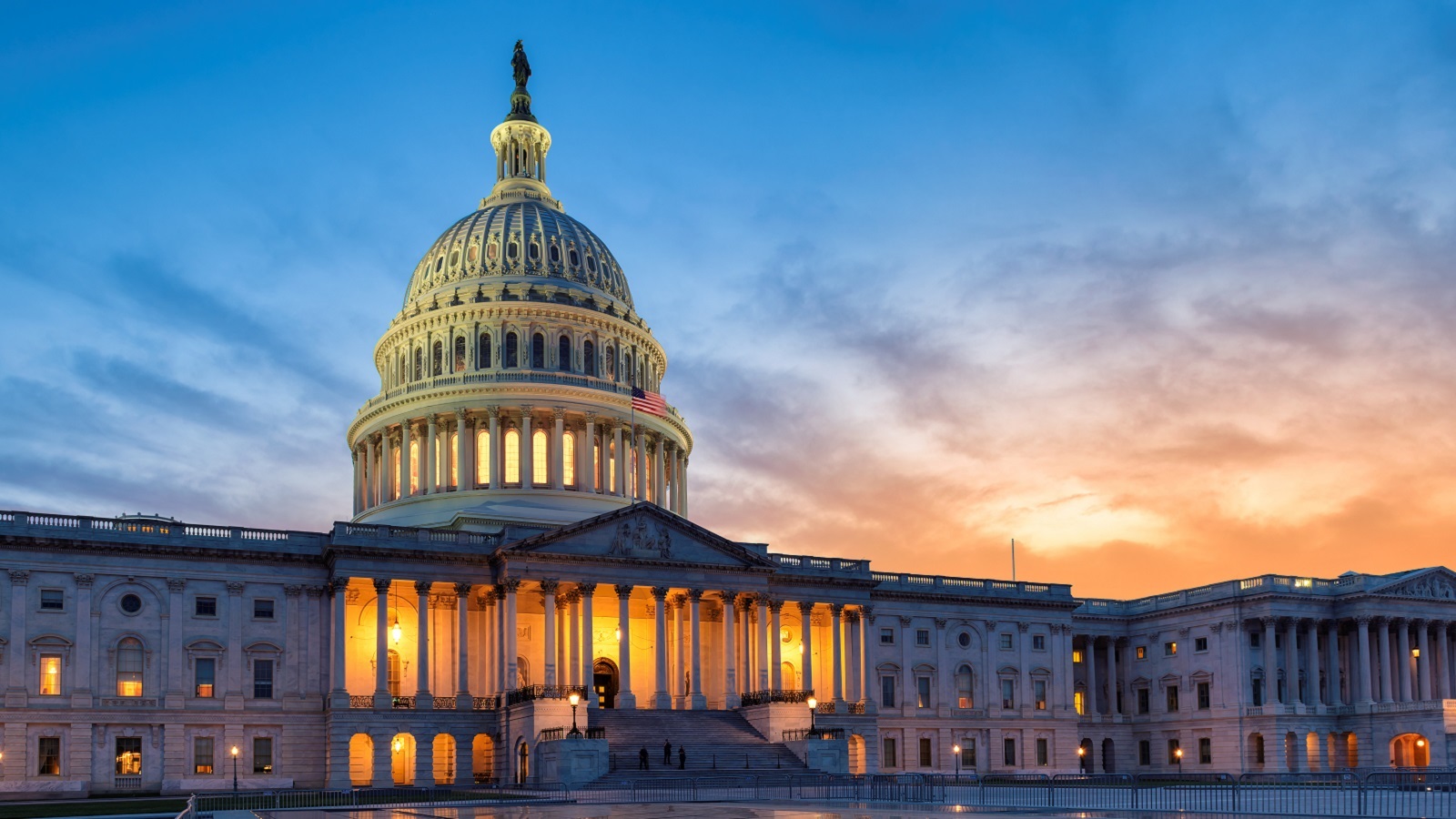From the earliest days of the COVID-19 pandemic, it was clear that America’s deep-rooted inequities would play a central, and likely devastating, role in the magnitude and distribution of the burden of disease. In early March, former New York City Health Commissioner Dr. Mary T. Bassett and I outlined these inequities and called for a human rights-based response focused on health equity.
Less than three months later, the murder of George Floyd sparked nationwide protests around the systemic racism and structural violence that underly both police brutality and the disparities in COVID-19 mortality. Today, with more than 160,000 American lives lost due to the pandemic, five million confirmed infections, and no clear end in sight, the risk remains that not only will the health impact be felt inequitably across BIPOC (Black, Indigenous, and People of Color) and low-income communities, but also the recovery itself will be unequal with widening gaps across various fronts: educational attainment, gender equality, income and employment status, and more.
As we move to rebuild our damaged economy and support affected communities, we must invest in a society that better aligns with our values and ensures we are better prepared for any future pandemics. This requires reflection on the social determinants of health, and how these are actually political determinants that can be addressed through progressive legislation and policy.
For example, there are currently no federal mandates that guarantee sick leave for Americans. While many workers are able to take time off when they are sick, myriads of Americans do not enjoy that privilege. Instead, they are forced to make the impossible choice between providing for their families or self-isolating to prevent transmission of the virus.
Further, job loss for millions of Americans has resulted in health insurance gaps in the midst of a global pandemic, making clear that America’s payor system that ties health insurance to employment results in disastrous gaps in access. The cost of our broken healthcare system is much clearer today, when our economy has been shutdown due to our inadequate public health response, and many providers are calling for Medicare-for-All as the appropriate remedy.
Of course, universal coverage does not automatically make healthcare accessible. For many years, America has seen a disproportionately high percentage of urban hospitals and healthcare facilities close, leaving many Americans without nearby access to care. At the other end of the spectrum, many rural communities lack both convenient access to physical healthcare facilities as well as broadband internet access to facilitate virtual medical care. But physical proximity and connectivity are not the only challenges.
Immigration status has played out as a key political determinant of health. Many immigrants, including documented immigrants, have avoided medical care due to fears of deportation, harassment, or other negative consequences. Similar fears may also undermine contact tracing efforts, making the public health response more challenging. A recent investigation identified Immigration and Customs Enforcement (ICE) as a spreader of the virus, reporting that even with limited testing, over 3,000 people in ICE detention centers have tested positive. These conditions are compounded by the fact that ICE continues to transport symptomatic detainees within the United States and to their home countries. Clearly our immigration policies and practices are undermining our public health response.
While many public health experts predicted the role of social conditions in shaping COVID-19 morbidity and mortality, few imagined how the politicization of public health and the chaotic federal response would magnify these disparities. It now feels like a misnomer to talk about “social determinants of health” when the drivers are so clearly political.
As we look to rebuild after COVID-19, we must address the long-term environmental drivers that have contributed to the pandemic. There is broad consensus that human-driven environmental change is a major contributor to the increased emergence of new infectious diseases, with zoonotic diseases (i.e. COVID-19, Ebola, Zika, SARS, MERS) accounting for 75% of new infectious diseases. We must align COVID-19 recovery efforts with climate priorities to create new jobs and opportunities that address the inequities that result in unacceptable health disparities. Green New Deal architect Rhiana Gunn-Wright writes:
Now is the time to create policies that provide immediate relief to communities, such as federal assistance to transition homes and businesses to renewable energy; give ‘green’ fiscal aid to states; and fuel economic recovery with the creation of federally funded green jobs.
As a public health practitioner and social epidemiologist, I have been heartened to see frontline health professionals and scholars become more politically active in response to this ongoing disaster. It can be difficult to remain optimistic in such challenging times, but it is imperative that we use this tragedy for systemic change. My hope is that November’s election will bring leadership to our federal government that ultimately directs its COVID-19 response based on input from scientists, clinicians, and public health experts.
**Feature photo obtained with standard license on Shutterstock.
Interested in contributing to the Harvard Primary Care Blog? Review our submission guidelines
Interested in other articles like this? Subscribe to our bi-weekly newsletter

Natalia Linos, ScD, MSc, is a social epidemiologist and executive director of the Francois-Xavier Bagnoud Center for Health and Human Rights at Harvard University. She is also a candidate for Congress in Massachusetts' 4th District.
- Share
-
Permalink


